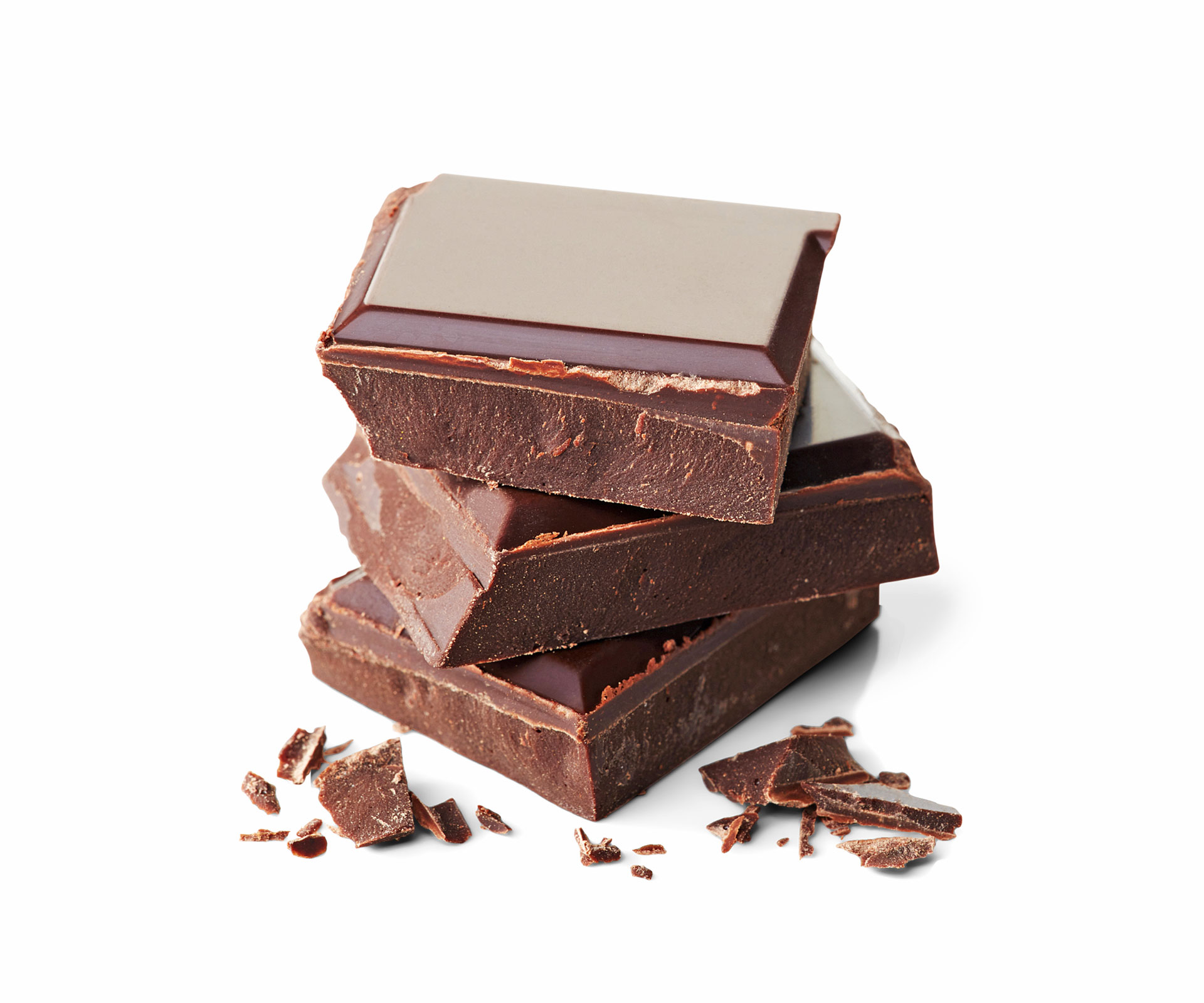More than a third of Kiwi women are trying to lose weight by dieting. For most, this means banishing or restricting ‘bad foods’ such as chocolate, cheese and pasta. Some will starve themselves of carbohydrates, follow fad diets or eliminate certain foods such as gluten, sugar or dairy. Others will turn to kilojoule-controlled plans from weight-loss giants, or exist on meal replacement bars, shakes and other diet products.
The sad and undeniable truth is, within a few years, the majority of those dieters will have regained any weight they lost – and put on a few extra kilos, to boot. We’re talking about huge amounts of money spent on fad diets going up in smoke in a miserable exercise of self-deprivation ultimately destined to fail. Despite this, most will then repeat the dieting cycle over and over again. For the average woman, that means 16 times in her lifetime.
Yet what if we’ve got it all wrong? What if it’s the diet foods – think low-fat yoghurt, protein bars, microwave meals and sugar-free soft drinks – that are making us fat? And the foods we’re commonly avoiding – fatty cheeses, rich dark chocolate, oil and wine – that can help keep us slim? These are among astonishing new findings from Tim Spector, Professor of Genetic Epidemiology at King’s College London, based on cutting-edge research into human gut flora.
The French, it seems, are onto something with their laissez-faire attitude to cheese and wine – and now we are beginning to understand why.

Human guts are an exciting place for scientists right now. Rather than simply being a passage for food on its journey from nourishment to waste, they are home to an extraordinarily active and diverse world of microbes, bacteria and fungi that play a fundamental role in keeping us healthy – from our bones and brains to metabolism and immune system.
Closer examination of the gut microbiome (the population of bugs inside you) is casting new light on the links between food and health – including why restrictive diets don’t work.
It turns out these microbes play a key role in influencing our weight and health, explaining why some people can stay slim despite eating a lot, while others pack on kilos with the same diet. If you were able to zoom inside their guts, they would appear very different (and, interestingly, the plump person would lose weight if you transplanted them with the gut bacteria of the slim person).
“Our tiny gut microbes may hold the answer to our modern obesity epidemic,” says Professor Spector. How we, in turn, feed these microbes is key.
Some of Professor Spector’s findings, published in his new book, The Diet Myth, are surprising: unpasteurised cheese, for instance, is one of the richest sources of good microbes and fungi, which are useful additions to your microbial family. To test this theory, he used himself as a guinea pig and spent three days consuming rich French cheeses such as roquefort and brie – after which he had significantly increased the diversity of his gut bacteria.
So there’s no need to ‘be good’ and skip the cheeseboard, but as a general rule, pick sensible portions of oozy and smelly cheeses. Processed types found on a hamburger or frozen pizza don’t work.
“Unpasteurised cheese is better,” says Professor Spector, “but pasteurised cheese still carries bacteria and has benefits, as long as it’s made with traditional methods.” Yoghurt, on the other hand, is good, but doesn’t generally work as well, he says.
You need the right strain of bacteria for your gut and enough to survive the swim through your stomach acid.

Professor Tim Spector
Nevertheless, Professor Spector says research shows eating full-fat, unsweetened yoghurt is associated with good health and weight control.
Dark chocolate is another welcome ingredient. It’s a potent source of polyphenols, which Professor Spector found our microbes love to gobble up and use for important jobs like keeping the heart healthy and fighting inflammation. Regular consumption has also been associated with lower body weight. There are a few caveats – it should ideally be 70 per cent cocoa content or more, and a 25g serving a day (that’s a quarter of a standard Lindt block) does the trick.
Olive oil should be the ‘poster boy’ of the new diet order, according to Professor Spector, because it acts like a super-fuel for our microbes, powering health checks, messaging and clean-ups within our bodies. Cruciferous vegetables, nuts, wholegrains and legumes such as beans and chickpeas also act like a healthy fibrous fertiliser for our microbes. Most of us, warns the Professor, do not get enough.
Enjoying a glass or two of wine seems to have a beneficial effect on our health, potentially by boosting microbial diversity. Belgian beers, which are rich in yeast and prebiotics, are being investigated for similar benefits. However, it should be noted that binge-drinking is bad news for your body, including your microbes. “I’m hedging my bets and still drinking a glass of wine polyphenols – but not swigging bottles of vodka – and hope my microbes are enjoying them,” says Professor Spector.
There’s a lot of hype about the health benefits of tea – but coffee, while widely enjoyed, is more likely to be cast as a ‘toxin’. The good news is that research shows coffee comprises a mix of antioxidants and fibre that feed your microbiome. And while espresso is the most potent source, strong instant coffee works, too.

Now for the bad news. Fast food is not good for the micro-organisms in our guts. Professor Spector’s 22-year-old student son, Tom, volunteered to go on a 10-day McDonald’s diet to test this out – and the results were shocking. He lost 40 per cent of his microbial diversity, while his levels of good bacteria plummeted and bad bacteria skyrocketed.
More generally, processed food – including diet and low-fat products – and sugar-free soft drinks should also be struck off the shopping list. Turns out our gut bugs don’t like (and may even be killed off by) artificial sweeteners, preservatives and fake foods.
However, demonising specific foods is silly, says the Professor, because it’s the overall diet that matters and context is important.
During his research, the Professor encountered some surprises. “The idea that we mustn’t skip meals and that we should constantly graze – it was a bit of a shock that the data didn’t stand up,” he says.
In fact, he found the reverse was true: skipping meals and doing an occasional fast brings health benefits, which he believes gives our microbes the freedom to do some spring cleaning, rebalancing and repair work instead.
As a result of his research, Professor Spector found himself making changes to his own diet.
“A very pleasant surprise,” he admits, “was that the items I thought were ‘naughty’, but I enjoyed immensely, like strong coffee, dark chocolate, nuts, high-fat yoghurt, wine and cheese, are actually likely to be healthy for me and my microbes.”
In conclusion, Professor Spector says, you’re best off embracing as wide a variety of real foods as possible from all food groups, rather than restricting yourself. While the ‘everything in moderation’ adage might not be particularly sexy, your waistline will be if you follow it.
Professor Spector’s top 5 tips:
Eat real, whole food and avoid processed food.
Embrace diversity, with a wide variety of foods.
Skip some meals and do an occasional fast.
Treat yourself to coffee, green tea and dark chocolate.
Enjoy high-fat yoghurt, cheese and olive oils.
Photos: Getty Images and Supplied

.jpg)
.jpg)